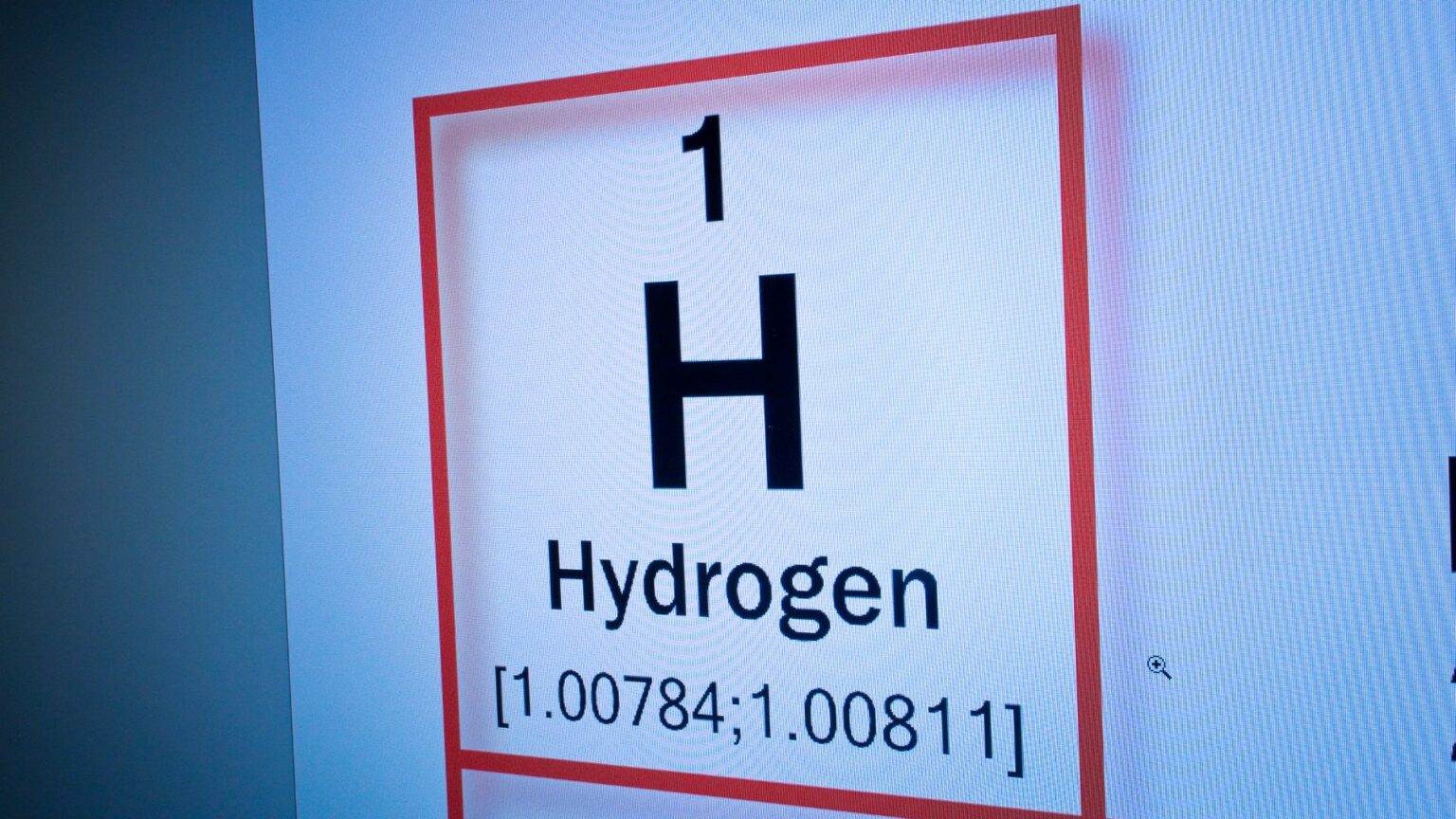In a bid to revolutionize hydrogen production, the European Innovation Council has initiated the ANEMEL project, targeting the utilization of low-quality water sources for green hydrogen generation.
With a diverse consortium of academic institutions and industry partners across Europe, ANEMEL aims to pioneer innovative approaches to electrolysis within the next three years.
As the project coordinator, the University of Galway spearheads the management efforts, ensuring alignment with project objectives and fostering collaboration among partners. Additionally, the team focuses on catalyst design, aiming to enhance water splitting efficiency by replacing rare metals with sustainable alternatives.
The University of Newcastle leads the development of membranes critical to electrolyzer functionality, prioritizing non-fluorine materials to minimize environmental impact. Drawing on extensive expertise, the team focuses on membrane chemistry and catalyst integration for optimal performance.
Bringing expertise in polymer chemistry, the Technion contributes valuable insights into membrane synthesis and stability. With a focus on polymer composites, the team aims to bolster membrane resilience against radical-induced degradation, ensuring long-term performance.
AGFA and Industrie de Nora SpA collaborate to scale up membrane production processes, emphasizing manufacturability and cost-effectiveness. By streamlining manufacturing and validating scalability, these partners pave the way for industrial deployment of ANEMEL technologies.
Tasked with assembling electrolytic cells, Technische Universität Berlin combines catalysts and membranes to facilitate efficient water splitting. With expertise in seawater electrolysis, the team evaluates cell configurations for scalability and performance optimization.
Joining the consortium in 2023, the Jožef Stefan Institute focuses on catalyst development using abundant elements. Leveraging extensive experience, the institute pioneers electrocatalysts for water electrolysis, contributing to ANEMEL’s sustainable hydrogen production goals.
EPFL leads the construction of hydrogen production stacks, enabling practical and scalable hydrogen generation. Through analysis, design, and testing, EPFL aims to develop stacks capable of continuous operation over extended periods.
Prioritizing sustainability, HES·SO oversees the eco-friendly design of ANEMEL prototypes, conducting life cycle analysis to assess environmental impact. With expertise in electrolyzer technologies, HES·SO contributes to ANEMEL’s commitment to sustainable innovation.
Leading socioeconomic assessments, LEITAT conducts life-cycle costing analysis to quantify the economic impact of ANEMEL technologies. Collaborating with HES·SO, LEITAT supports ANEMEL’s sustainability goals through comprehensive cost assessments.
Agata Comunicación Científica plays a pivotal role in communicating ANEMEL’s scientific advancements to the public. By designing informative content and facilitating collaboration among European projects, Agata ensures the dissemination of ANEMEL’s impact beyond the project duration.
The ANEMEL project signifies a significant step towards sustainable hydrogen production, with the potential to revolutionize the energy landscape and accelerate the transition to a greener future. Through collaborative innovation and rigorous research, ANEMEL aims to drive the adoption of green hydrogen technologies across industries, paving the way for a more sustainable tomorrow.





